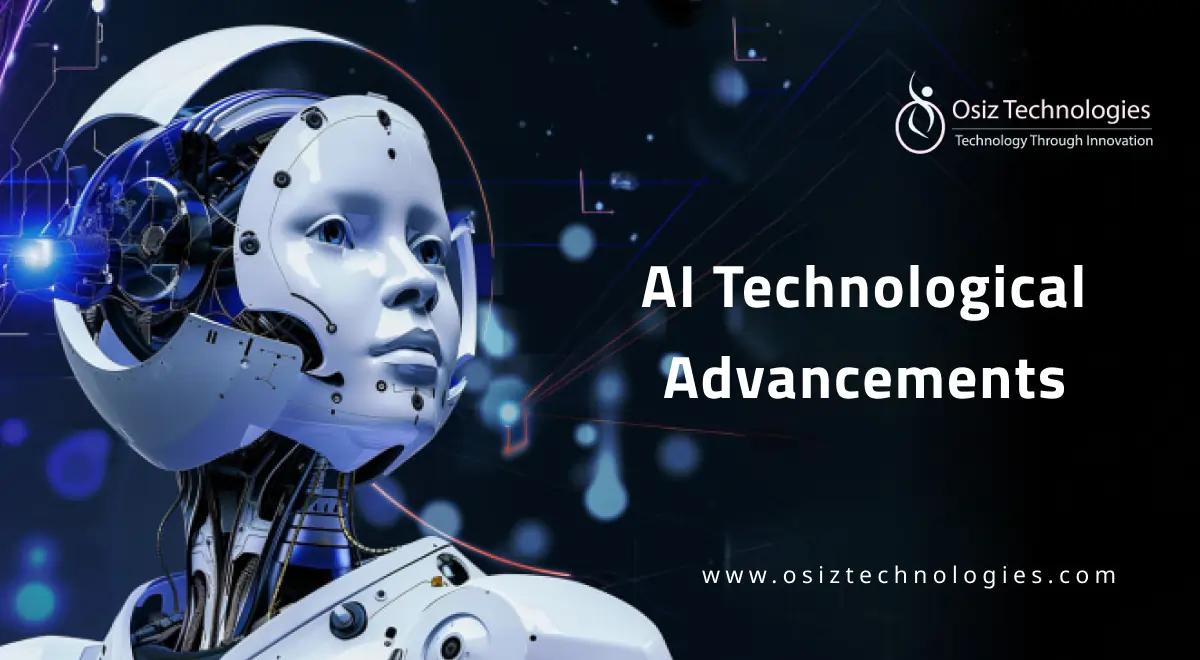As the world becomes increasingly digital, the tax industry is also transforming, driven by the capabilities of generative AI. This technology is reshaping how tax professionals approach compliance, planning, and risk management. In this article, we will explore various applications of generative AI in the tax sector, highlighting its potential to enhance efficiency, improve accuracy, and provide personalized services to clients.
Understanding Generative AI
Generative AI refers to algorithms that can generate new content based on existing data. This technology can create text, images, and even code, making it a versatile tool for various industries. In the tax sector, generative AI can automate repetitive tasks, analyze vast amounts of data, and provide insights that were previously unattainable.
Role of AI in Tax Automation
Tax automation has been a buzzword for years, but generative AI takes it to the next level. By automating routine tasks such as data entry and report generation, tax professionals can focus on more strategic activities. For instance, AI can streamline the preparation of tax returns by automatically populating forms with relevant data, reducing the risk of human error.
Enhancing Tax Compliance with AI
Compliance is a critical aspect of the tax industry. Generative AI can help organizations stay compliant with ever-changing regulations. By analyzing data from various jurisdictions, AI can provide real-time updates on tax laws, ensuring that businesses adhere to the latest requirements. This capability is particularly beneficial for companies operating in multiple jurisdictions, where compliance can be complex.
AI-Driven Tax Reporting
Tax reporting is another area where generative AI shines. Traditional reporting methods can be time-consuming and prone to errors. With AI-driven tax reporting, organizations can generate accurate reports quickly and efficiently. AI algorithms can analyze historical data to identify trends and anomalies, providing insights that can inform future tax strategies.
Fraud Detection and Risk Management
Fraud detection is a significant concern in the tax industry. Generative AI can enhance fraud detection efforts by analyzing patterns in tax filings and identifying anomalies that may indicate fraudulent activity. By leveraging machine learning algorithms, tax professionals can proactively manage risks and mitigate potential issues before they escalate.
AI in Tax Planning
Tax planning is essential for businesses looking to optimize their tax liabilities. Generative AI can assist tax professionals in creating tailored tax strategies by analyzing various scenarios and predicting outcomes. For example, AI can simulate different tax strategies to determine which would yield the best results, allowing businesses to make informed decisions.
Personalized Tax Advice with AI
In an era where personalization is key, generative AI can provide customized tax advice to clients. By analyzing individual financial situations, AI can generate tailored recommendations that align with clients' unique circumstances. This level of personalization can enhance client relationships and improve overall satisfaction.
AI for Tax Document Generation
Generating tax documents can be a tedious process. However, generative AI can streamline this task by automatically creating documents based on predefined templates and data inputs. This not only saves time but also ensures accuracy, as AI can minimize human errors in document preparation.
Monitoring Tax Regulations
Tax regulations are constantly evolving, making it challenging for tax professionals to stay updated. Generative AI can monitor changes in tax laws and regulations, providing timely alerts to tax professionals. This proactive approach enables organizations to adapt quickly to regulatory changes, ensuring ongoing compliance.
Case Studies: Generative AI in Action
Several organizations have successfully implemented generative AI in their tax operations. For example, a multinational corporation utilized AI to streamline its compliance processes across multiple jurisdictions. By automating data analysis and reporting, the company reduced its compliance costs by 30% while improving accuracy. Another firm employed AI-driven tax planning tools to optimize its tax strategy, resulting in significant savings over several years.
Challenges and Considerations
While the benefits of generative AI in the tax industry are substantial, there are challenges to consider. Data privacy and security are paramount, as sensitive financial information is involved. Organizations must ensure that their AI systems comply with relevant regulations and protect client data. Additionally, the integration of AI into existing workflows may require training and adjustments to current processes.
Conclusion: Embracing the Future of Taxation
Generative AI is poised to revolutionize the tax industry, offering new opportunities for efficiency, compliance, and personalized service. As tax professionals embrace this technology, they can enhance their capabilities and provide better solutions to clients. To stay ahead in this evolving landscape, organizations must invest in AI-driven tools and strategies. Connect with us at osiztechnologies - A leading Generative AI Development Company to explore how we can help you leverage generative AI in your tax operations.
Listen To The Article









